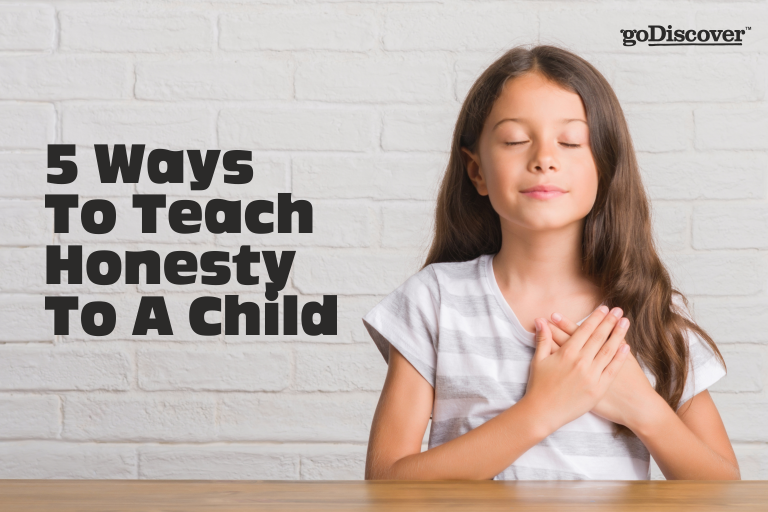Children are the guiding spirits who are easy to mold. The future can be uncertain, but yet small decisions have a big impact. Home is the first school for any child. The environmental crisis is reaching a pinnacle. Everywhere, there is a need to protect it. Imparting the right knowledge will sustain the planet Earth. So let us see some ways we can teach the young ones to be better individuals.
Reducing waste
Did you know urban India produces 1.15 lakh metric tons of municipal solid waste every day? Therefore, reducing waste is a household responsibility. For instance, do you have newspapers? Old Clothes? Lying around in your house? Then, it is time to teach children how to reduce this waste. They can use newspapers as book shelf covers or for covering their books. Donate the old clothes. Showing them how to reduce food wastage helps a great deal. In addition, show your children how to care for your home.
Recycle and Reuse
Plastic is a bane in today’s society. Teach children how to distinguish good plastic from bad plastic. Separate the garbage into wet and dry waste. The wet waste can work as compost for plants. After that, recycle the dry waste to the right sources.
Plant a tree
Having your own mini garden teaches children a great deal! Tomatoes, brinjal, potatoes, and even some fruits in your garden can be a great weekend activity for your children. In addition, doing gardening with children also increases the bond. Above all, you could explain to them about worms, composting, and even making their own manure.
Use electricity sparingly
Use energy-saving light bulbs. For instance, explain to the child the importance of house insulation. Try to use more energy-effective sources. Make sure to keep your motors, geysers, and house heaters in check. There is nothing wrong with being sparing about the use of electricity.
Conserving water usage
Teach children how to close the faucet when they are brushing or taking a shower. In addition, use biodegradable storage containers like earthen pots to keep the water cool. Encourage them by giving them small rewards.
Exposing them to educational content on television
What children see; they learn from it. Whether it is the content on television or the books they read, all of this matters. Make a point of showing National Geographic or Discovery Channel to your children. These channels show the reality of the world in terms of global warming and animal protection. They show how to conserve nature. Children will be more conscious when watching healthy content on television. They say a picture speaks a thousand words. This kind of exposure will definitely impact the thought process of a child.
Volunteering
Show children how beautiful our seas and oceans are. You could plan a weekend activity with them, like a beach cleanup. Even better, plant a tree or save a forest. The acts don’t have to be really big, but the message has to be bigger. When children volunteer for such activities, they enjoy being close to nature. Nature is a mother who teaches them the reality of life.
Being a role model
You, as a parent or teacher, can be an example to showcase the importance of environmental conservation. You could carpool or walk or cycle to work to save fuel. You can show children to save paper or plant trees in your community. Similarly, growing your own vegetables in the garden can be highly beneficial for the future. Opting for paper or cloth bags for daily groceries can show children the importance of biodegradable products.
So, remember, the next time you are eating a bag of chips in a car, make sure to throw it in the right place. In conclusion, children will follow what they see. Nature has so much to give, so make your child acquainted with it.

